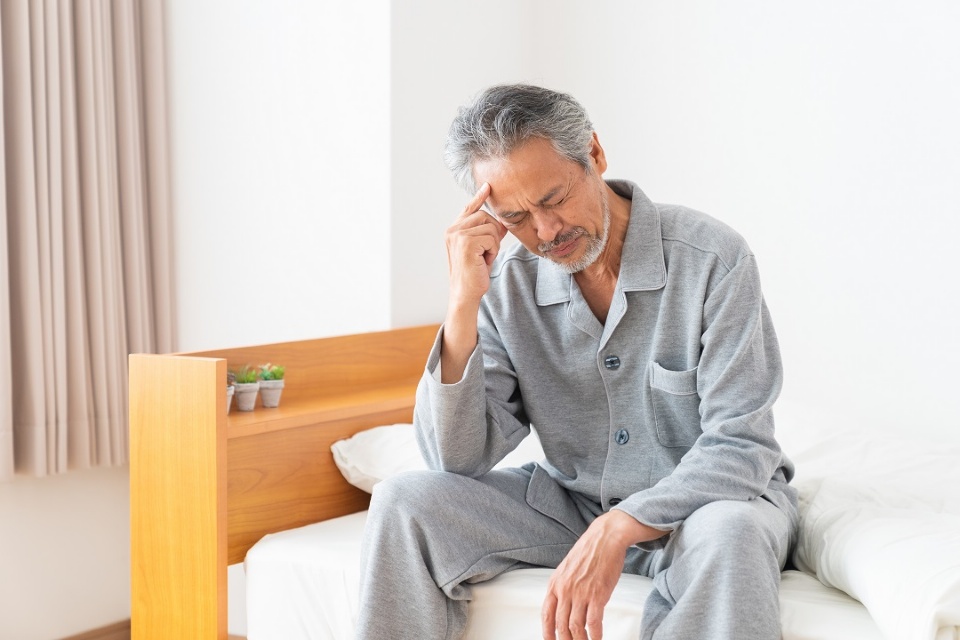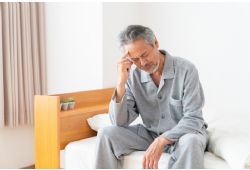Today, many seniors are dealing with adjustments to a post-pandemic world. Covid-19 is still very much prevalent, and people of all ages are still unsure how to get around. Among these things are issues on whether or not we should still be wearing masks, hugging or kissing friends and shaking hands with people, these are all actions that we took for granted pre-pandemic but it is something that many people are still struggling with, including seniors.
What are the signs?Deconditioning is when seniors face issues related to being inactive, anti-social and mentally fatigued due to under-stimulation and staying alone for long periods of time. Signs and symptoms of deconditioning vary from one individual to the next. Loved ones may notice that the senior’s ability to be mobile around the home has deteriorated due to being constantly sitting. Loss of muscle mass is also an attribute to this consequence. Seniors who have physical deconditioning suffer from falls and fractures. Climbing the stairs, going for a walk, light cleaning or cooking may be too much of an activity for seniors who are suffering from deconditioning.Memory loss and dementia seem to be on the rise for those suffering from mental deconditioning. Many observe high levels of anxiety related to germs, panic attacks when people talk about the virus or illness in general, increased negative thoughts and lack of interest overall. Some seniors have dealt with their emotions with the increase of drugs, prescription medication and alcohol which has not helped regulate the emotions of those suffering from deconditioning.Getting in Movement
Daily exercise is extremely important, sitting sedentary at home can cause many lifestyle issues. Taking a walk or doing home exercise programs can keep the body healthy and happy.According to information found on the Centre intégré universitaire de santé et de services sociaux website, ‘ there are 3 things that seniors should do to improve their overall health, getting in daily, light exercise, including standing and walking around the house, It is important ensure no more than a maximum of 8 hours being seated per day including a maximum of 3 hours of screen time, including TV. A good night’s sleep is essential and 7-8 hours of sleep is needed to prevent other health issues and reduce anxiety-induced insomnia.’The New Reality
Now, post-pandemic, some seniors have rejoiced and returned to their old social routines, however there are some who are still struggling with deconditioning. Some seniors living alone are fearful and anxious to leave their homes. Caregivers and family members should approach the senior with respect and help them establish movement in their daily routines again.

 In The Latest Issue:
In The Latest Issue:


 BY:
BY: 

Tweet
Share